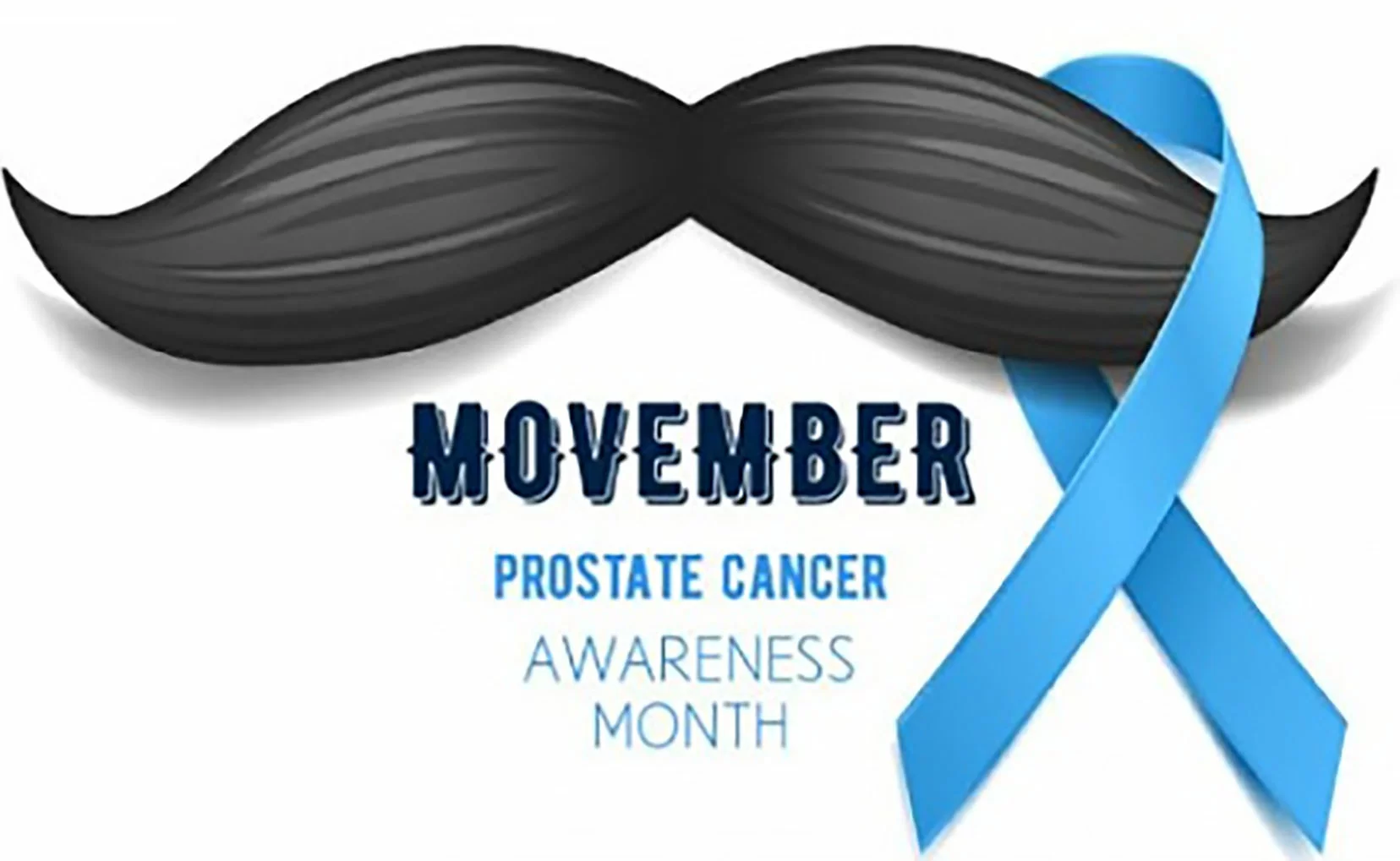Men’s health is often overshadowed by societal expectations of strength and resilience, but the reality is stark: men are equally susceptible to illness and often delay seeking medical help. Globally and in Suriname, male health remains an under-discussed issue. To address this, November is dedicated to raising awareness about men’s health, particularly prostate cancer, testicular cancer, and mental well-being, through the international campaign known as Movember or No Shave November.
Movember, a global movement originating in Melbourne, Australia, in 2003, encourages men to grow moustaches throughout November to highlight health issues disproportionately affecting men. The campaign focuses on increasing awareness of prostate and testicular cancer, mental health, suicide prevention, and fundraising for research and improved healthcare for men.
Prostate cancer, the most common cancer among men globally and in Suriname, is a central theme of Movember. The prostate, a small organ below the bladder, plays a vital role in reproduction by producing seminal fluid. In Suriname, approximately 80 new cases are diagnosed annually, primarily in men over 65, though younger men are also at risk, especially those with a family history of the disease.
Early detection is critical, as prostate cancer often presents no symptoms initially. Screening methods include a rectal exam and a PSA (Prostate-Specific Antigen) blood test. If abnormalities are detected, further investigations such as MRI scans and biopsies are conducted. Treatment options vary based on the cancer’s stage, ranging from radiation and hormone therapy to chemotherapy.
While advanced surgical procedures like robot-assisted prostate removal are unavailable in Suriname, the country offers comprehensive care, including specialized urologists, modern diagnostic tools, and multidisciplinary treatment approaches. Men over 50 are advised to discuss screening with their doctors, and those with a family history should consider testing from age 45.
Movember serves as a vital reminder to prioritize men’s health, break taboos, and encourage timely medical intervention. By fostering awareness and proactive healthcare, we can improve the health and quality of life for men in Suriname and beyond.
